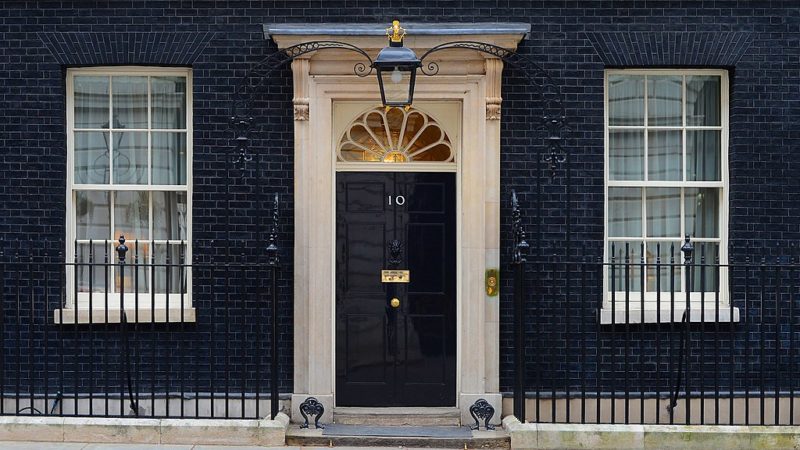
The Prime Minister of the UK is the person who commands the confidence of the House of Commons. This is the most basic principle of our constitution. The Prime Minister’s democratic mandate comes from MPs, themselves accountable to the public by way of our general elections.
If, as is expected, Liz Truss becomes Prime Minister next week, she will arguably be the Prime Minister who commands the least confidence of MPs upon taking office in modern British history. In the first round of voting, Truss received just 50 votes (around 15%) from fellow MPs, as opposed to Theresa May in 2016 (50%), John Major in 1990 (50%) and Gordon Brown in 2007 (88%).
Indeed, even when the candidates were whittled down to two, the Conservative MPs preferred Rishi Sunak to enter No 10, rather than Truss. But they, by the party’s constitutional rules, have sub-contracted the decision to their membership. For the first time in modern political history, the Prime Minister will be chosen by the members of a political party, rather than parliamentarians themselves. Conservative Party members will decide who leads our government.
This is an odd anomaly that has developed within our constitution. A group of people, of whom we know little about, will decide the country’s fate. We are not entirely sure how many people form this group. With estimates of between 180,000 and 200,000, they would appear to represent around 0.29% of the population. Research suggests that 97% of Tory members are white and 54% live in London and the South. Why does this matter? Surely, it is undemocratic for 350-odd MPs (predominantly white and originating from the South of the country) to choose our Prime Minister? I disagree.
Firstly, there is an important principle at stake. The Prime Minister does not serve the Conservative Party but the country. MPs were elected by the people as their representatives, yet they will now be stuck with a leader, on any reading of the numbers, they do not want. A Prime Minister will be elected despite the views of the peoples’ representatives, not because of them.
Secondly, there is a very practical reason our constitution provides for the Prime Minister to be the person who commands support from the House: they can, usually, pass legislation and get things done. It offers a degree of stability. Already, we hear murmurings that Tory MPs will seek to get rid of Truss, a candidate they do not support, as early as May next year. This is not a constitution functioning well.
Thirdly, the debate that has consumed the summer is divorced from reality because Truss and Sunak are not being held to account by those that need public support to hold their seats, but party members. These are, one might presume, likely to be affluent, socially conservative “golf-club bores” – to borrow Alastair Campbell’s description – with both candidates having to pitch to the right to get power, knowing full well that they will have to think again upon entering office and spend much of their time pivoting from previously made promises. This is not a grown-up debate about who should become Prime Minister, but a popularity contest amongst a discrete – and very right-wing – portion of the population.
This is not a party-political attack. Labour members may have had the opportunity to choose the Prime Minister in 2007, but Brown was put to the members without contest. In my view, party members, of whichever party, should not choose the Prime Minister. This is a role for MPs. The situation is very different when in opposition: the party is choosing a leader of an organisation, often licking its wounds after defeat, and needs to reconsider its future. It is not electing any representative of the executive.
This should not blunt members, who should have an important role in the direction of any party. But this should be done by putting them at the heart of selecting candidates for parliament, policy decisions and the constitution of the party. Members should not join a party to select who should be Prime Minister, but who leads the Labour Party to win the public vote.
The increasing trend towards involving party members in national political decision making – by all parties – is a symptom of the ‘faux-democratisation’ of modern politics. There is a notion that by involving more, but not all, people, or having all people decide upon one issue (Brexit) but not all of it (what happens thereafter), the mechanism is more democratic. The reality is that we live in a representative democracy and our representatives need to be empowered more.
It is unlikely that either party would be able to move back to a position whereby MPs chose the Prime Minister, but it might be a brave and principled development to be undertaken on a cross-party basis in future. It would lead to a healthier democracy and constitution.




More from LabourList
‘I spent years telling workers the law couldn’t help them – that has changed’
Josh Simons resigns as Cabinet Office minister amid investigation
‘After years of cuts, Labour’s local government settlement begins to put things right’